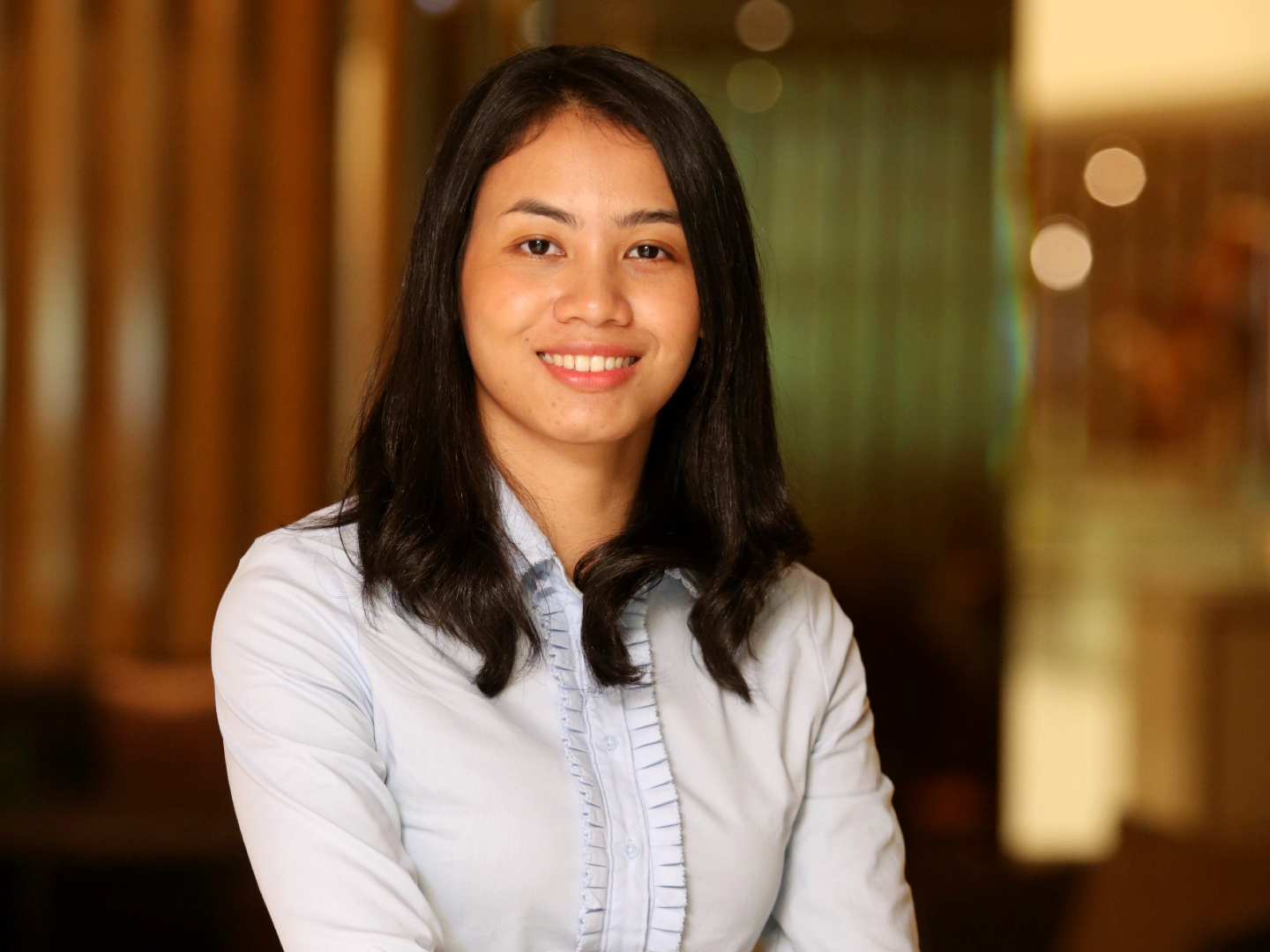
Former veterinarian Siti Sofiah Ramli (Photo: Sam Fong/The Edge)
Among the biggest challenges faced by animal lovers and rescuers is the high cost of feeding their pets and medical treatment such as vaccinations and neutering as well as for illnesses or injuries.
Former veterinarian Siti Sofiah Ramli felt that the only way to bring the cost down would be by creating a community of pet owners, rescuers and veterinarians to build long-standing relationships and provide networking opportunities among the kindred spirits.
She established the Sick Pet Treatment programme in 2013 through which the pet community could seek free advice on care for their beloved pets and rescues, and access below-market-rate vaccination and treatment.
“We started Sick Pet in Setia Alam [in Selangor] and the group was made up of veterinarians, groomers and rescuers. The purpose of the programme was to help cure pets by collaborating with veterinarians all over Malaysia.
“We used to go to each state and host road shows to show pet owners, shelters and rescuers the right care for their pets. We would bring along products and organise talks by veterinarians. The idea was to inculcate a relationship so that the owners received good advice and had access to affordable treatment [while the] veterinarians were able to build their database of loyal clients,” she says.
medic_pets_1.jpg
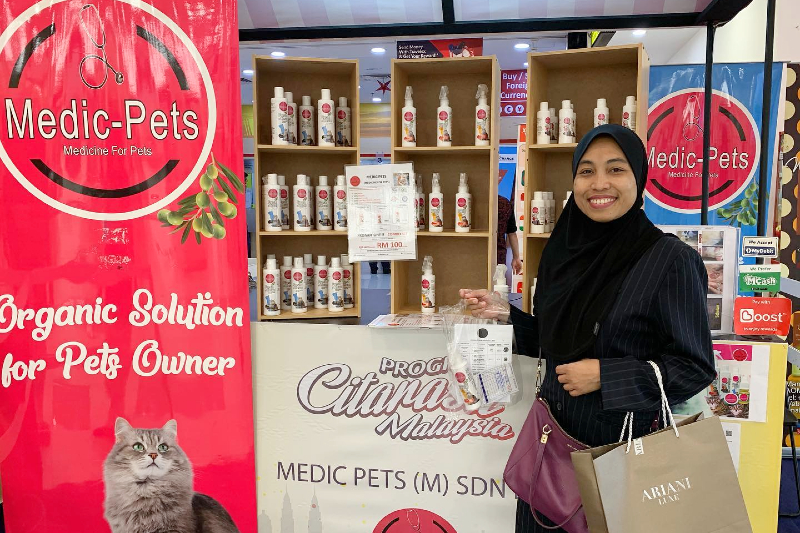
With Sick Pet Treatment, a minor surgery or wound treatment costs between RM45 and RM60 while major surgeries can cost up to RM1,200.
“A group of us did this because we are very passionate about the work we do and we figured this would be a win-win scenario for the doctors and rescuers, especially, because the latter sometimes rescue six cats or dogs a day and board more animals than they can financially handle,” says Sofiah.
The team managed to negotiate lower prices for external and ingestible medications as well as vaccinations via the Sick Pet programme.
But from running the programme, Sofiah came to realise that there was strong demand for affordable and natural wound care products; the ones on the market at the time were costly and could turn harmful if taken beyond a certain dosage.
“Having access to so many veterinarians, medical doctors and researchers, I suggested to a friend, now my business partner, that we create our own wound care products,” the 29-year-old says.
After studying the market, Sofiah founded Medic Pets (M) Sdn Bhd — which produces a range of care products for small pets using palm oil as their base substance — in 2014.
20200819_peo_siti_sofiah_12_sam.jpg
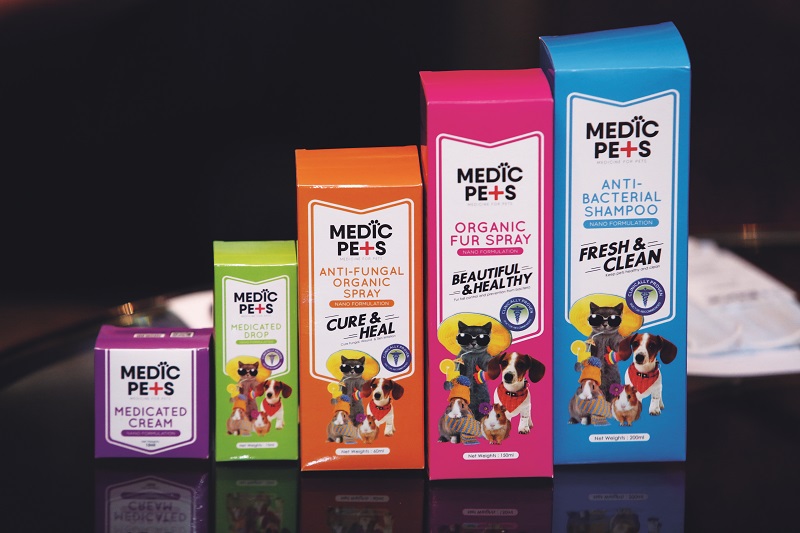
“We started to formulate products that specialise in wound management and fungal infection. Nine out of 10 cats are affected by fungal diseases or bacterial infections, and these diseases can be transferred to humans if not properly treated.
“The transmission can occur through air and direct contact. For example, [if] you find a stray cat and touch it, the bacteria is transferred to your hands. If you touch yourself or your children, within hours, you will find red spots on your body. Fungi cannot be transmitted but bacteria can, so if it is not treated, the problem can get out of hand.
“So, we came out with a product for fungal and bacterial infection to cure street cats,” says Sofiah, who is the company’s director.
Medic Pets, which has 17 veterinarians and three medical doctors on board, is also focused on external care and grooming products that are 100% natural. These have been clinically tested and certified by the Department of Veterinary Services Malaysia.
“We wanted to create products that could effect cures in three days simply because all animals tend to lick their wounds. It normally takes seven to 10 days [for a wound to heal] but we found that they heal faster using our cream,” says Sofiah.
Utilising palm extracts
They chose to use palm oil because it is abundantly available and relatively inexpensive. “Malaysia is the second-largest producer of palm oil in the world. Availability is the main reason, but it is also rich in nutrients. We blend the palm oil extraction with our formulation.
“There are three types of Medic Pets products: water-based, soap-based and oil-based creams.
“The creams are not your ordinary white creams. If your cat licks the palm oil-based cream, the amount of medicine swallowed isn’t much because once applied to the skin, it is absorbed within seconds. The white creams tend to stay on the wound and if cats lick their wounds too many times, it would be dangerous for them.
102574514_2419041391728329_8431660936734603650_n.jpg
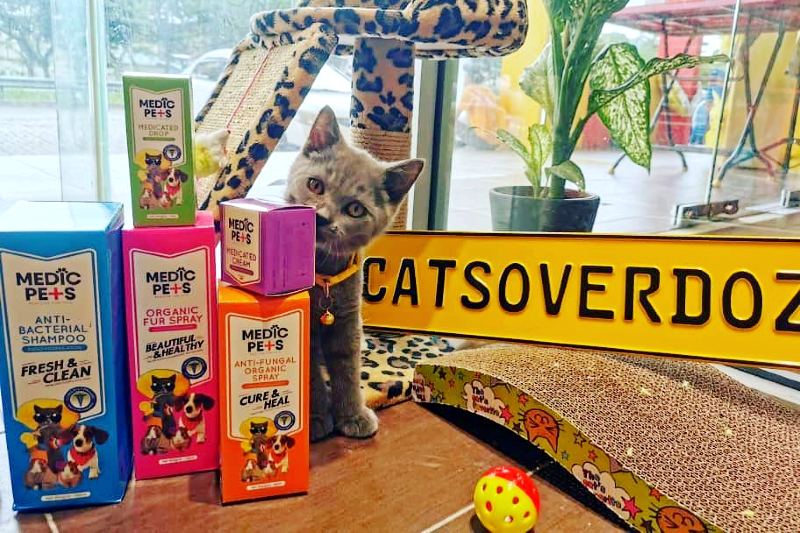
“My team and I are animal lovers ourselves so we always put ourselves in the position of the owner. Everything is tested thoroughly, mostly on ourselves. Sometimes, after the medication is applied to the pet, children will cuddle or touch the cat, so we made sure it is not harmful as well,” Sofiah says.
Since its initial success, Medic Pets has expanded its care range which now has pet hygiene products, comprising shampoos and flea prevention and fur care sprays.
“Medic Pets specialises in medication for external use. We have formulated a product for feline immunodeficiency virus and sporotrichosis wounds but haven’t marketed it yet because we want to focus on covering the external-wound treatment market first,” says Sofiah.
The products are priced between RM9 and RM49, so they are accessible to the majority, especially homemakers, who are some of Medic Pets’ biggest customers, she adds.
Currently 70% of the pet care products available in the country are imported, but the rise in demand for higher-quality and sustainable products has resulted in increasing demand for Medic Pets’ range, says Sofiah.
“Medic Pets is available all over Malaysia, in 30 pet clinics, 61 pet shops and 54 pet groomers. We are only targeting small pets such as cats, dogs, sugar gliders and rabbits. We also supply to 14 government-run pet clinics in the country. And we are exporting to Thailand, Brunei, Cambodia and Indonesia.
“Wound care is a big market for pets as 70% of problems pets face are skin-related. There are six million pet owners in Malaysia and we are targeting 5% of that,” she says.
medic_bunny.jpg
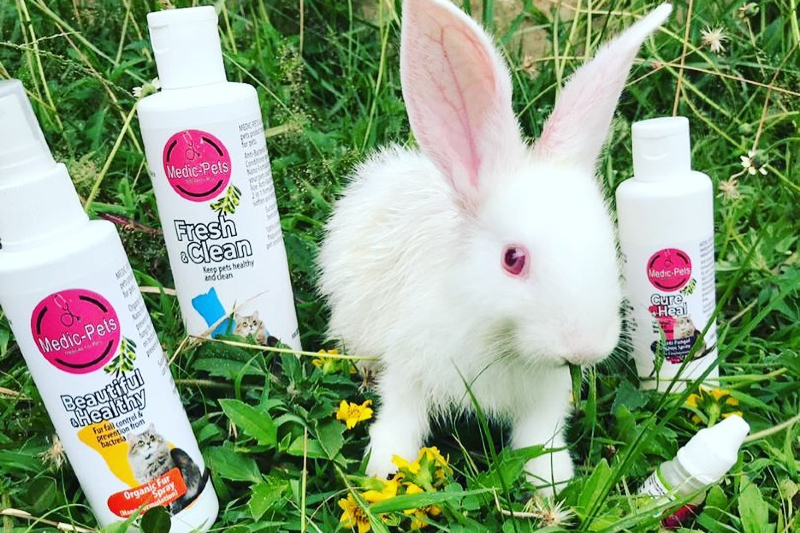
Medic Pets even made it to the Entrepreneurship World Cup Malaysia National Finals this year but lost out to E-waste Recycling Through Heroes, a start-up that provides an electronics recycling collection service, authorised by the Department of Environment Malaysia.
While wound care for pets is the company’s flagship product, Medic Pets also caters for the local livestock industry by producing multivitamins primarily for cattle and goats, and hygiene products for big animals.
“When we started Medic Pets, through our network of veterinarians, we were connected to the Perak State Economic Development Corporation and the Perak Agriculture Department. Since Medic Pets already had agropreneur recognition by the Agriculture and Agro-based Industry Ministry, SEDC asked us to produce custom products to maintain the health of their farm animals.
“Since we have the facility to conduct the research and development in-house, this was a good challenge for us, so we made immunity boosters for the big animals. And, since it was a success, we got more orders for customised solutions,” she says.
Exploring human wound care
Now that they have perfected the formula for pets, Medic Pets has been asked to expand into human wound care.
It all started when an overseas client used its wound care cream on a diabetic foot ulcer when he ran out of his regular medication.
“This client tried it out on his wound and found it to be helpful as the wound began to heal within days,” Sofiah says.
There are six stages to a diabetic ulcer, starting with intact skin: superficial ulcer; deep ulcer to tendon, bone or joint; deep ulcer with abscess or osteomyelitis; forefoot gangrene and whole foot gangrene.
“When the wound is in its first stages, it is considered a mild wound, which can be cured by taking insulin and treatment. The major problem is when gangrene becomes an issue and the end result is usually amputation.
67726879_2177697825862688_3323196722980585472_n.jpg
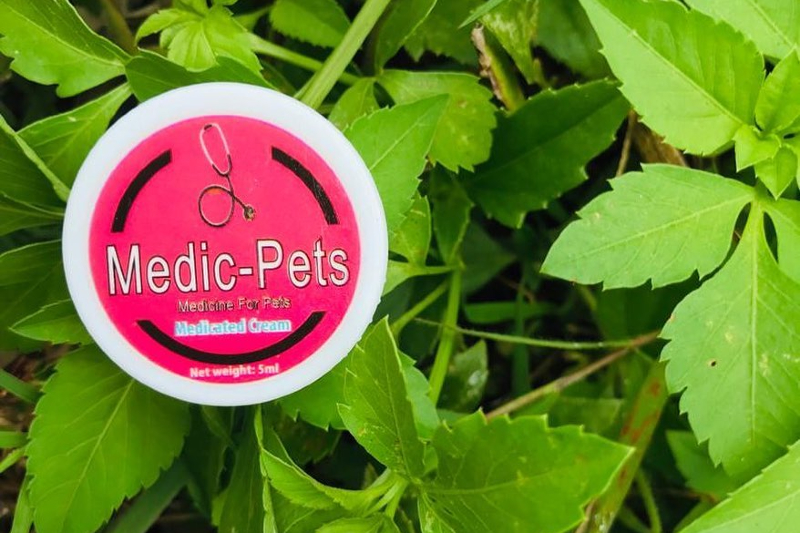
“Since we have medical doctors and researchers on the team, we decided to take this on and start doing our preliminary research,” she adds.
As human wound care products need to go through stringent regulatory and clinical trials, they have yet to hit the market with this range. However, Sofiah is confident that the formula will be a success.
“We started this company because we wanted to help pet owners and lovers. In the process, we realised most of these people are homemakers, so we engaged them to be our distribution agents so that they can earn an income. Our manufacturing employees are mostly single mothers. We didn’t start with a social aim, but we grew into one.
“When we got the request to expand into human wound care, it was the same thought process — if we can help, we want to do it,” she says.
While she has left her veterinary practice to focus on building Medic Pets and the company’s other endeavours, Sofiah continues to conduct Sick Pet programmes and moonlight as a cat groomer.
To keep the momentum going, she engaged with the Selangor Youth Community and together they established the Selangor Cats Centre, which was officiated in 2018 by Tengku Permaisuri Norashikin.
This article first appeared on Oct 5, 2020 in The Edge Malaysia.


